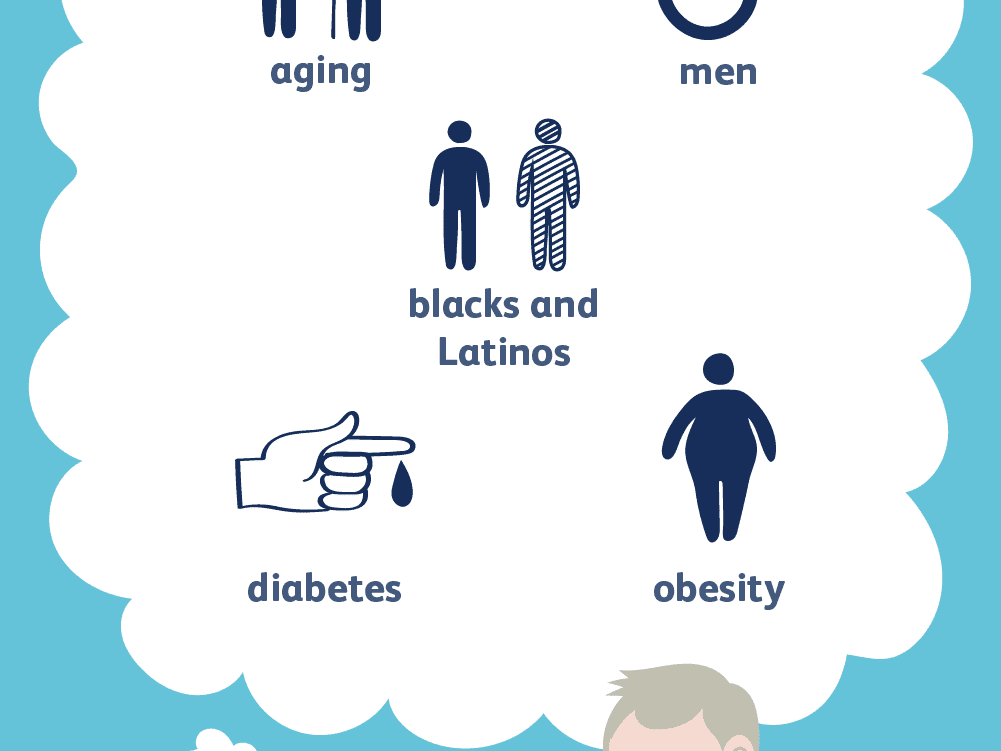If you are in the market for an anti-hypertensive medication, you may be wondering about all of the different kinds of hypertension and what your best option is for treatment. There are several types of essential hypertension so before deciding on the medication to use, you should understand them all and what they are exactly.
One of the main kinds of this condition is known as essential hypertension. This is usually diagnosed during the mid-life stage of a person. Essential hypertension is often referred to as primary high blood pressure because it has no clearly defined cause, but is often thought to be related to genetics, poor nutrition, obesity and low exercise. It can also be called secondary hypertension.
Another major form of this condition is known as secondary hypertension. In this case, your doctor will consider a number of factors in determining the level of your blood pressure. The most common of these is the amount of stress you are exposed to on a daily basis. Some people have high levels of stress that may lead to a heart attack. If you are exposed to a lot of stress in your life and you do not deal with it in a healthy way, it can contribute to the problem.
Hypertension due to essential hypertension can occur due to many things that have nothing to do with your genetics or your eating habits. For example, it can be caused by an abnormal heart rhythm, a condition known as left atrial enlargement or a build up of fluid within the heart itself.
If you have a family history of high blood pressure, it may be wise to talk to your doctor about any changes in your symptoms over the years. Sometimes it may be an inherited condition and not something that you have ever had to deal with. In other cases, you may have a pre-existing condition such as diabetes or kidney disease. If you have one or more of these diseases, you may have an increased risk for developing high blood pressure if your lifestyle changes do not include controlling these other diseases.
Certain medical conditions can lead to high blood pressure and may require medication for treatment. The most common of these is heart disease, but even high cholesterol levels can be a factor.

When you talk with your doctor about vital signs, you can get the help you need to manage and treat this condition. Your doctor may refer you to a specialist who can help you find ways to lower your blood pressure.
The good news is there are many ways to keep your blood pressure at the right level. A balanced diet and regular exercise will not only help you maintain weight, but also help prevent other problems.
One of the first steps your doctor might advise is to change your diet
You may need to limit or eliminate fatty foods, sodium, or saturated fats from your diet, but the rest of your diet will work fine.
If you're trying to lose weight, adding exercise and healthy eating to your daily routine can help you lose the weight you need to maintain proper health. This will help you avoid hypertension.
It is also a good idea to drink at least eight glasses of water per day. If you already drink a lot of coffee, tea or colas, you may want to start switching to decaffeinated or herbal teas instead. or replacing them with decaffeinated or herbal sodas. Adding exercise to your daily routine is another way to reduce your risk for this condition.
Even if you do not have essential hypertension yet, you should still look at your blood pressure and try to improve your lifestyle to reduce its effect. By taking a positive approach to your overall health and treating any underlying problems that may be causing it, you will be able to avoid the complications that can arise as you go on.